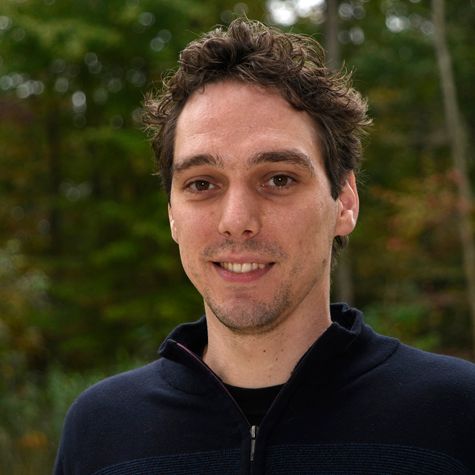Early Career Scientist Spotlight
Dr. Vincent Kofman (he/him/his)
Research Scientist
Planetary Systems Laboratory (693)
What science questions do you investigate?
Currently, I am part of an effort that is spending a lot of time finding the best methods to calculate the three dimensional aspects of planets and understanding how these propagate into an unresolved (i.e. single spatial pixel) observation. This includes the effects of clouds, multiple-scattering of light, and several types of ground coverage (e.g., snow, vegetation, etc.). We are now able to reproduce images of the Earth (including clouds coverage, snow and ice, as well as vegetation) based on spectroscopy and ancillary Earth climate data. Next, we apply these methods to the case of Earth as an exoplanet and determine the detectability of spectral features (H2O, O2, O3, changes in the planets coverage) using future telescopes. For this work, we use the Planetary Spectrum Generator.
In another project, I’m working together with Jacopo Terragni (691) and Erika Kohler (691) to constrain spectroscopic quantities of gases that we expect to detect in exoplanet atmospheres. Jacopo and Erika are amazing scientists and have been able to measure gases under a range of conditions relevant for planetary atmospheres. The next step is to reduce and incorporate these results into the spectroscopic simulation software that we use, which is a really fun puzzle. My PhD thesis was completely based on laboratory experiments, and it’s been really fun to revisit some of these challenges.
In addition to the main projects above, I have been working with Emily Wilson (610), who has an instrument that measures the abundance of CO2 and CH4 locally by looking up into the Sun. The instrument is lightweight and can be placed in remote areas. CO2 and CH4 measurements are critical for understanding the fluxes of these greenhouse gases from local sources (such as bogs and wetlands). In this project, I’m working on the technological aspects, the data analysis, as well as part of the science. Balancing the different projects can be challenging as I’d like to progress on each of them, but there’s only so many hours in the week.
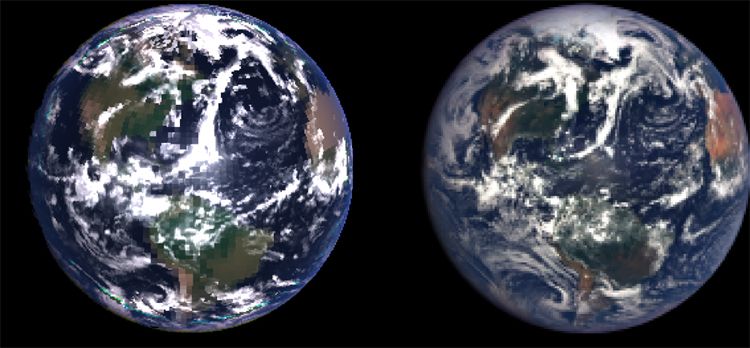
Credit: Vincent Kofman & DSCOVR/EPIC team, NASA
How did you end up working at NASA Goddard?
In 2016, I met Geronimo Villanueva at a workshop in Leiden. We got along well, and we decided to work together over the summer the year after. That summer was spent trying to derive a molecular model for deuterated ethane. A long and tedious puzzle which involved a lot of deciphering of old codes and literature. At the end of the project, he offered me a post-doc! The deuterate ethane model was published a year or so later.
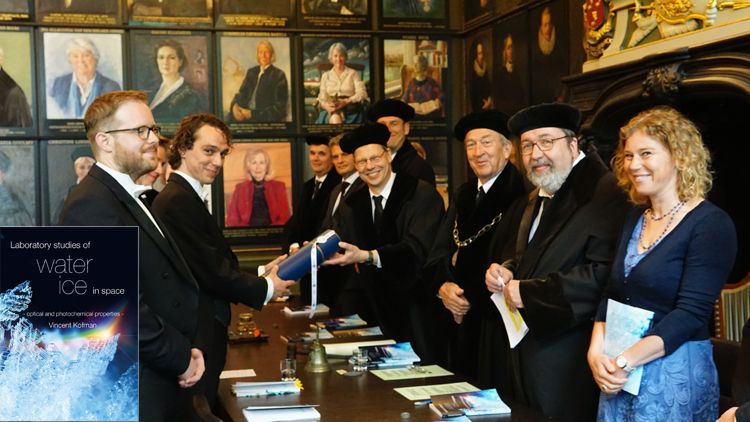
Credit: Vincent Kofman
Did you always know that you wanted to be scientist?
Yes, I think so! As a kid, I was always tinkering, taking things apart, and building different contraptions. I didn’t identify what I wanted to do until later in my career (notice the meandering nature of my research), but I’ve enjoyed having many different opportunities to expand my research horizons. As long as I can keep exploring, I’ll keep doing what I do!
What skills are most useful to you in your work, and where did you develop those skills?
The most useful skills are programming and a general understanding of computers. One of the most frustrating parts of my PhD work was working with a company’s proprietary software that didn’t allow you to save files in series, or save the time information with files, unless you did this by hand. I had worked with someone in the past who explained to me that if the information is the data file, you can extract it by reading in the binary data and converting it. Challenge accepted. After about two weeks of puzzling, I could now load the data files directly into Python which saved myself a whole lot of mouse clicks and typos.
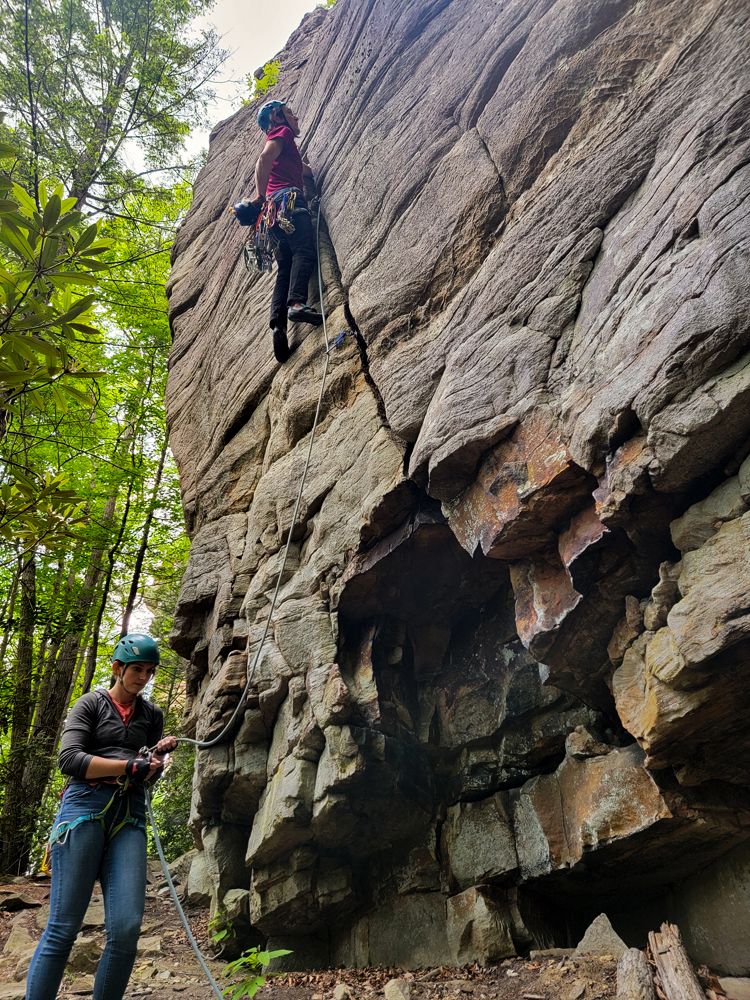
Credit: Vincent Kofman
What keeps you inspired by your work?
Since the summer, I’ve started working with a number of students, and it’s been very rewarding and fun to guide them through the work that we’ve been doing. The projects are all related to the three dimensional simulations of exoplanets, and it’s super cool when the different aspects come together and they reach the next step in the project. It is very rewarding to see the joy in their eyes!
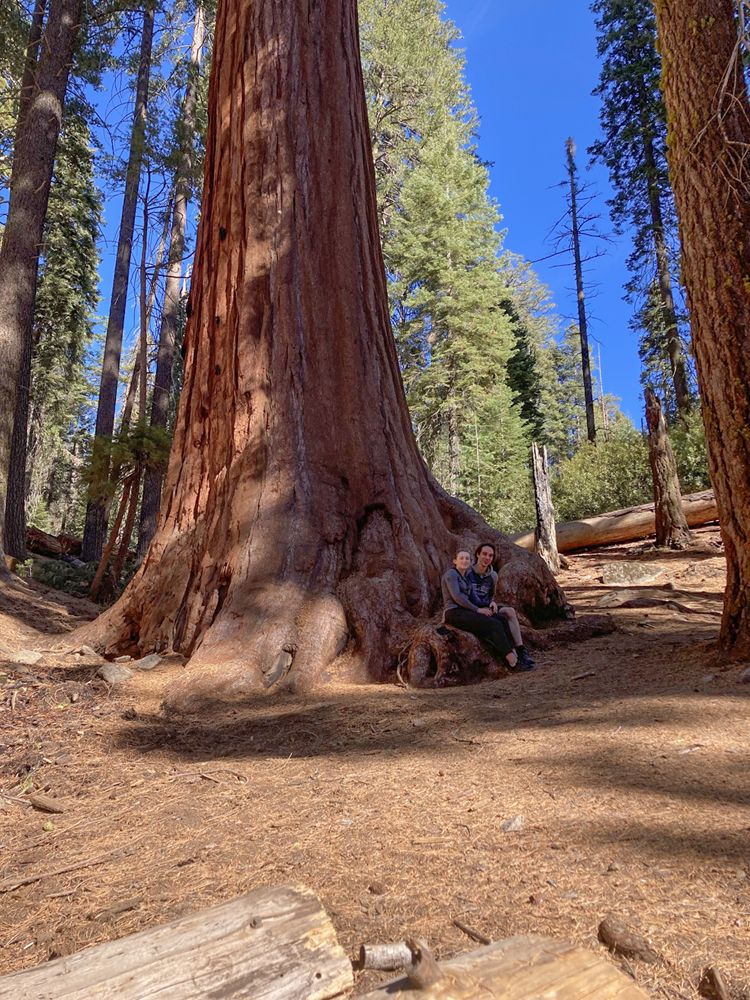
Credit: Vincent Kofman
What do you like to do in your free time?
In my free time, I like to be outside. That can be camping, hiking, or, most likely, climbing. I always find that after a busy week at work, disconnecting and being outside relaxes me and grounds me. The forests around here have so many creatures, beautiful plants, and, of course, rock formations that are worth exploring. Getting around in the country is so easy, and it can be very motivating to switch up the work place every now and then.
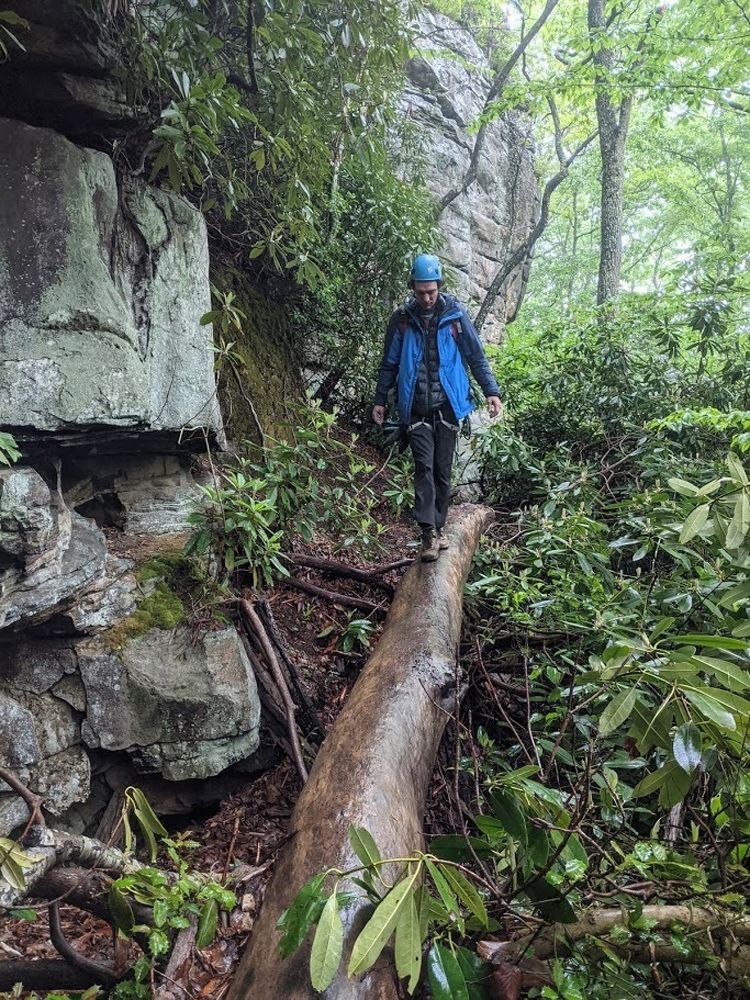
Credit: Lauren Martin
What are your future research interests and goals?
What really drives my research and motivates me is learning something new in a project. This can be theoretical or practical, but that’s one thing that I’ll keep pursuing! As for my future direction, I will be continuing down the path of spectroscopy and simulations of atmospheres of planets, be this in the solar system or outside.
Biography
Home Town:
Heerenveen, the Netherlands
Undergraduate Degree:
BSc. Chemistry, Rijksuniversiteit Groningen, Groningen, the Netherlands
Post-graduate Degrees:
MSc. Earth Science, Geochemistry, Utrecht University, Utrecht, the Netherlands
PhD. Laboratory Astrophysics, Leiden Observatory, Leiden, the Netherlands
